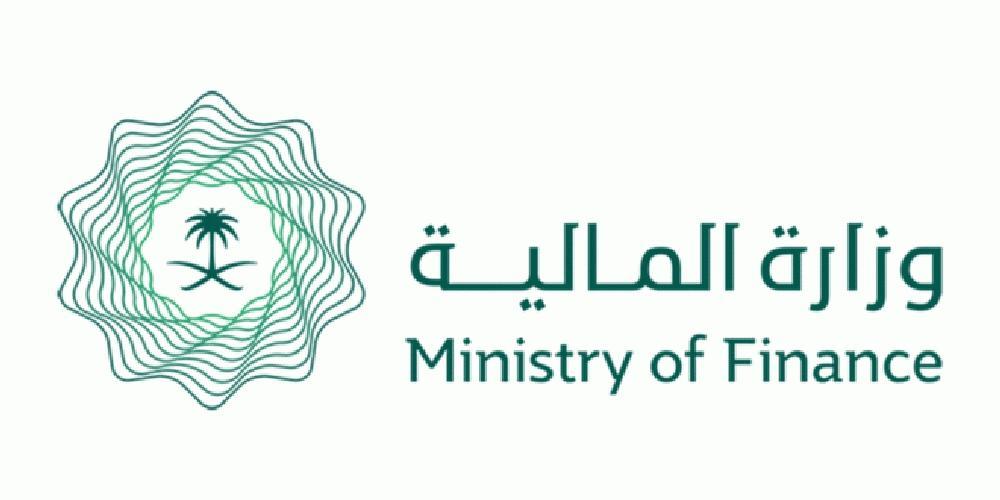
Saudi Arabia raises more than SR15bn in bond sale
The Kingdom’s Finance Ministry said on Friday that it had closed the book to investors on its March 2020 riyal-denominated sukuk program.
The total amount raised by the sukuk sale was SR15.568 billion, divided into three tranches that mature in five, 10 and 30 years.
Gulf oil exporters are increasingly turning to debt sales to help fund spending in a low oil price environment while at the same time developing their own capital markets as part of ongoing diversification reforms.
“The closure of the issuance of government bonds exceeding 15 billion riyals shows many positive elements,” said Abdullah Ahmad Al-Maghlouth, a member of the Saudi Economic Society.
“Such as confirming the robustness of the Kingdom’s credit rating and the strength of the Saudi economy; that the Kingdom’s debt-to-GDP ratio is still far lower than many other G20 countries; the Finance Ministry’s ability to deal with the requirements of asset and liability management; as well as the Kingdom’s strong foreign-exchange reserves in dollars, among others.”
The Kingdom’s strong credit rating means it can borrow more cheaply than many other Mideast economies despite a weaker oil price.
Economic analyst Fahd Al-Thunayan said: “The Ministry of Finance, represented by the National Debt Management Center, continued its efforts in developing local debt markets and providing the required balance in financing public-budget expenditures, through the optimal mixture of the use of reserves and borrowing within the upper limits, like a percentage of the GDP, where the local issuances reached 65 percent of the total debt in the year 2019.”



























